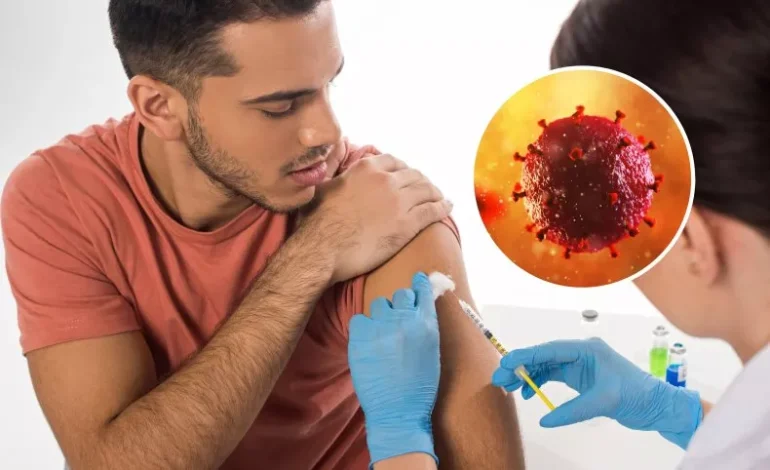A promising new injectable drug, Lenacapavir, has shown remarkable effectiveness in preventing HIV, surpassing traditional oral PrEP (pre-exposure prophylaxis) by 89%, according to a recent study published in the New England Journal of Medicine, Newsweek reports.
The twice-yearly injection offers a potentially game-changing option for HIV prevention, especially for individuals who struggle with daily pill adherence.
Lenacapavir, developed by Gilead Sciences, demonstrated a 96% reduction in HIV infection risk in a Phase III clinical trial led by researchers from Emory University and Grady Health System. Study lead author Colleen Kelley highlighted the significance of this advancement:
“Once FDA approved, this will be an incredible new option for people to use as HIV PrEP. It is much easier to take than currently available PrEP options, which include daily oral pills and injections every two months.”
The trial results compared Lenacapavir to Truvada, one of the most commonly prescribed oral PrEP medications. In the study, only two out of 2,179 participants receiving Lenacapavir contracted HIV, compared to nine out of 1,086 participants in the Truvada group.
Lenacapavir is injected under the skin every six months and works by preventing HIV from replicating in the body if exposure occurs. This new method eliminates the need for daily adherence, which is a key factor in its enhanced effectiveness.
According to Kelley, adherence to daily oral PrEP can wane over time, reducing its efficacy. Lenacapavir’s long-lasting protection removes the daily burden, offering a consistent and reliable alternative.
The study underscores the importance of expanding access to this new preventive measure, particularly for communities disproportionately affected by HIV. In the US, over half of new HIV infections in 2022 occurred in cisgender gay men, with 70% of those cases among Black or Hispanic individuals.
“We are not reaching everyone we need to reach with our current HIV prevention interventions… Injectable agents can really give incredible efficacy and be a game changer in helping them stay HIV negative,” Kelley explained.
Carlos del Rio, co-director of the Emory Center for AIDS Research, emphasized the importance of equitable access:
“The challenge is now to roll out and make these tools available and accessible in an equitable way—only then will we see new HIV infections dramatically decrease locally and globally.”
The results of this Phase III trial have been submitted to the US Food and Drug Administration (FDA), with potential approval expected as early as 2025. If approved, Lenacapavir will join the growing arsenal of long-acting antiretrovirals aimed at reducing global HIV transmission rates.









